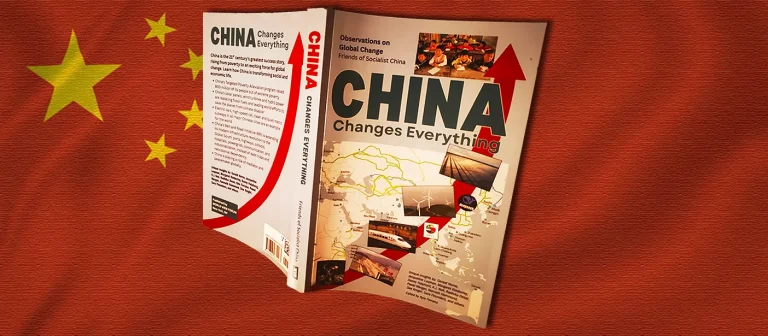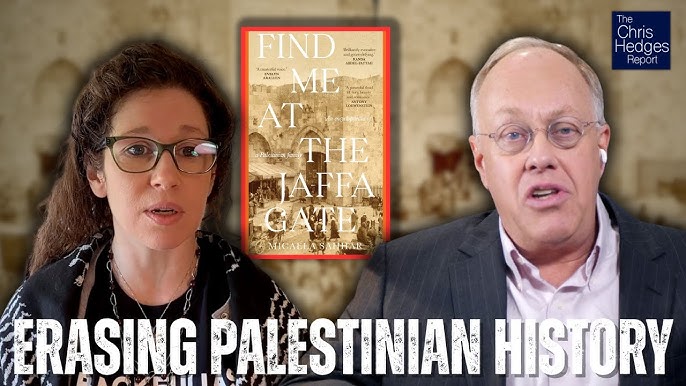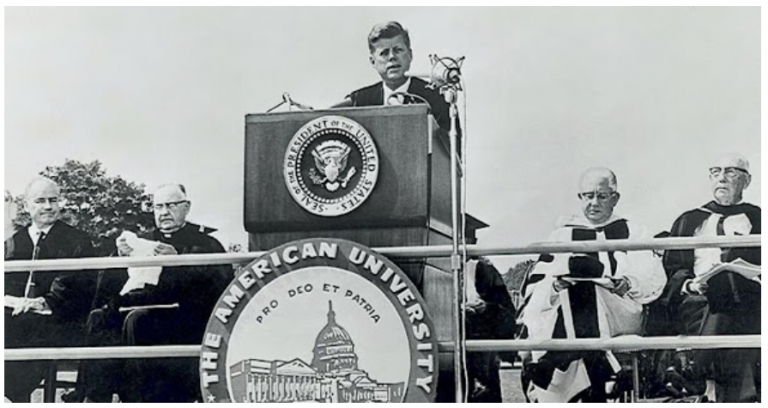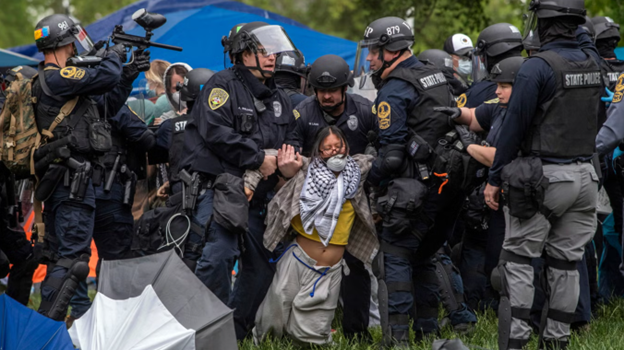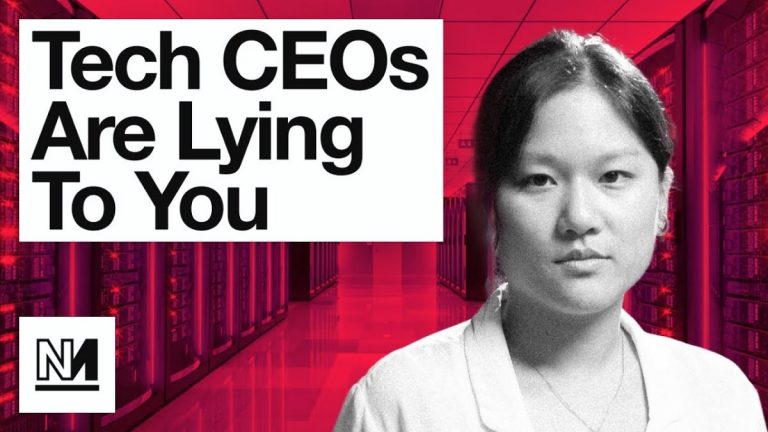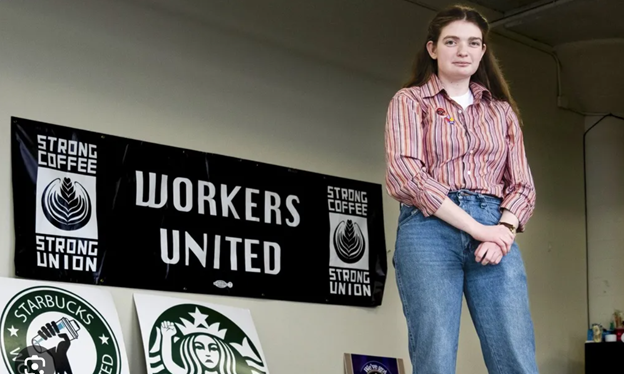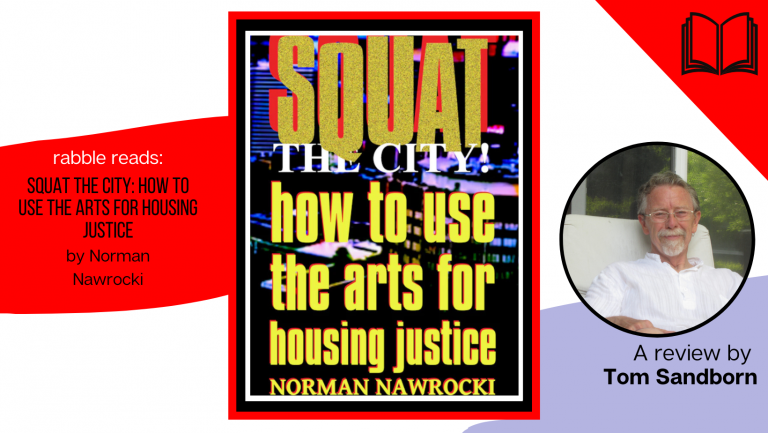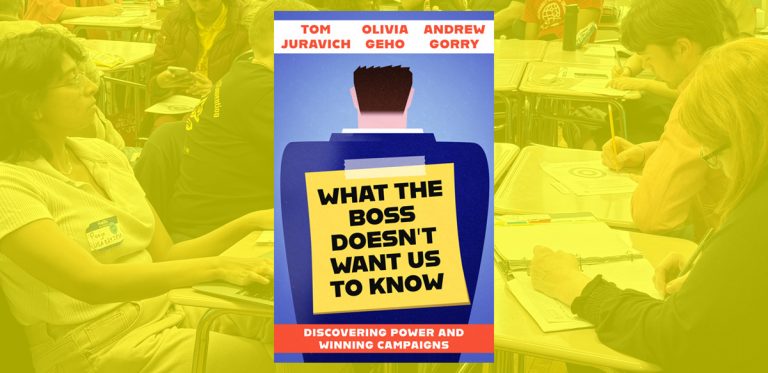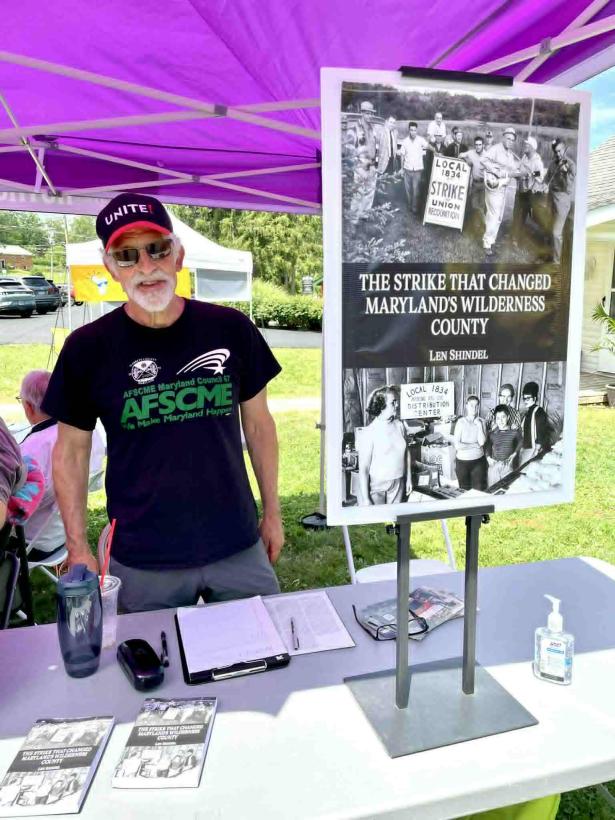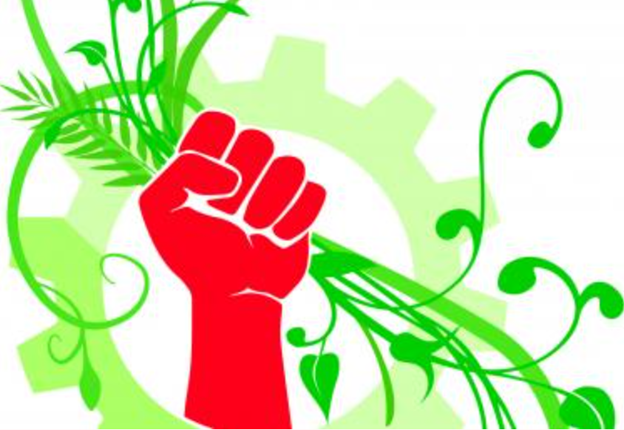China Changes Everything: A Book Review
A new book edited by Kyle Ferrana, China Changes Everything, bills itself as an anthology by “social justice activists, journalists, and commentators” and brings together chapters about the People’s Republic of China written by prominent left-wing analysts, including Arnold August, Roger Harris, Radhika Desai, Carlos Martinez, Gerald Horne, Lee Siu Hin, Margaret Kimberley, Danny Haiphong, KJ Noh, Sara Flounders, and many more.
The publication covers a comprehensive range of subjects in the ongoing “China debate” and includes chapters on such hot topics as China’s relation to Palestine and China’s foreign affairs policies, its banking and healthcare system, its transportation infrastructure and the rail and air infrastructure that China has helped to build in developing nations, its achievements in green technology and poverty alleviation, China’s military expenditures and aims, its role in the “space race,” its alleged genocide of the Uyghurs, and the status of Taiwan and Tibet, among others.

